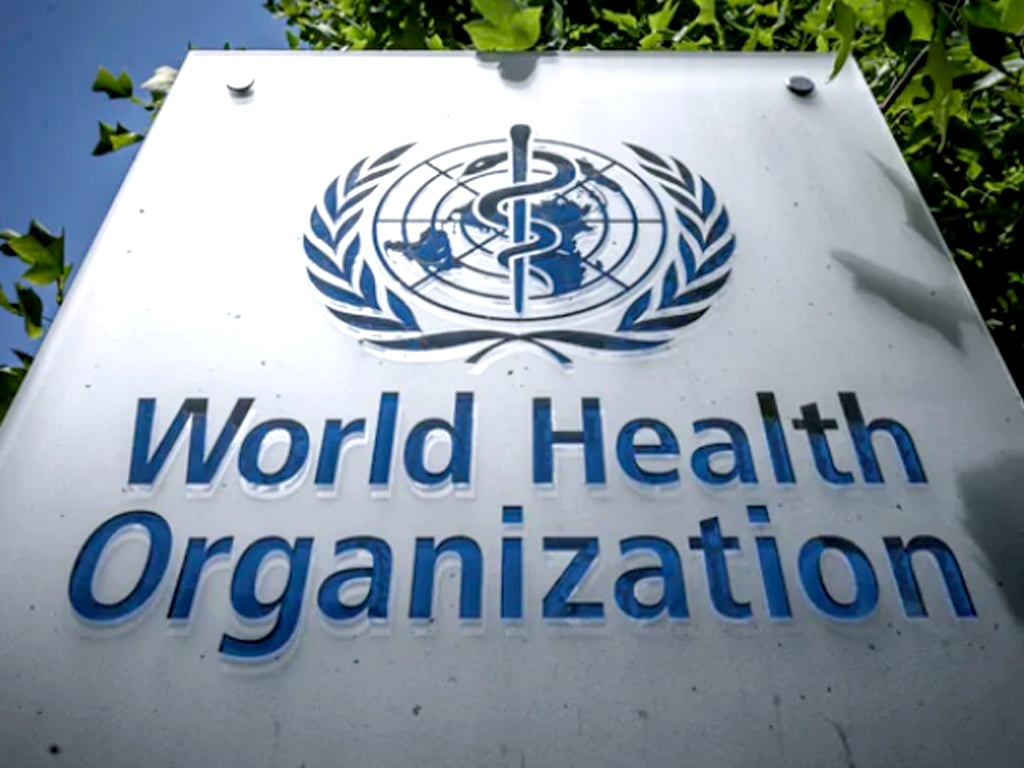EDITORIAL: A report by the World Health Organisation (WHO), which claims that the actual number of deaths from Covid-19 between January 2020 and December 2021 was at least three times higher than previously thought, has got countries scrambling to find faults with its calculating techniques and statistical models instead of triggering a wide debate about the actual fallout of the virus.
Pakistan, for example, has simply rejected the finding that eight times more people died than the government accepted. Former special assistant to prime minister on health, Dr Faisal Sultan, said that the death toll was announced after carefully studying hospital as well as cemetery records.
And while he accepted that the figure could have been under-reported by about 10-30 percent, that the actual number of dead could be eight times higher was simply “unbelievable” for him.
India, according to the report, has so far undercounted its dead by the highest amount. New Delhi accepts about 480,000 deaths from the virus, whereas WHO’s research shows that the real number might have been closer to 4.7 million; which is a huge difference and not attributable to incomplete or untimely data alone.
WHO’s numbers, therefore, raise a number of very valid questions. How could it be that such crucial data could have been so carelessly handled by so many countries? India, once again, gives the best example and also does the best job of explaining this discrepancy.
A lot of the deaths there occurred in the early days when a nationwide lockdown was announced with only four hours’ notice; which also shut down the transport system and forced millions of labourers to walk hundreds, if not thousands, of miles back to their hometowns.
It’s quite ironic, and understandable, that on the way the problem spread pretty much like the proverbial plague. And there were numerous reports of authorities encouraging rushed mass cremations; to dispose of the infected deceased and kill the virus as quickly as possible if nothing else.
That explains why the system might have missed a pretty sizable chunk of the dead in its final calculations. It’s for such reasons that not just the WHO’s, but other independent estimates also differ from India’s official calculations; by similarly wide margins in most cases.
Also, it’s not as if the organisation was just guessing. Granted, it cannot be present on the ground in all places to collect relevant data itself, but it can still subject what it can find to finer scrutiny than even most states can.
And in this case it had a field of international experts crunching the numbers for months, combining local as well as national information, and then employing complex statistical models to reach their conclusions.
And, at the very least, it will make sure that all countries revise their strategies and tactics of collecting data, not just about deaths but also other Covid facts, because this is still an ongoing phenomenon and the more information can be collected and processed about it, the sooner it can be put behind us once and for all.
In all fairness, though, it might be a while before all the real facts about this disaster really come out. Pakistan didn’t feel its pinch as much as others, but the pandemic did create a crisis big enough to stand most countries on their heads.
With their medical, security and financial infrastructures stretched thin, it’s no surprise that some of them might have missed a lot of what was really going on behind the headlines. Let’s not forget that the virus not only continues to spread in a lot of countries, it’s also still disrupting supply chains, depressing demand, fiddling with prices, and hammering the global economy. Going forward, this report will push all countries to gather more relevant real time data about the virus so its real costs can be calculated.
Copyright Business Recorder, 2022





















Comments
Comments are closed.